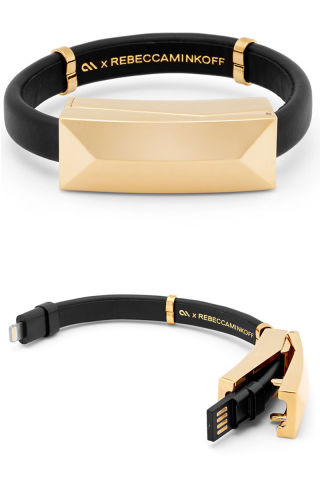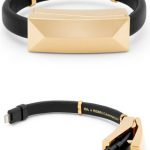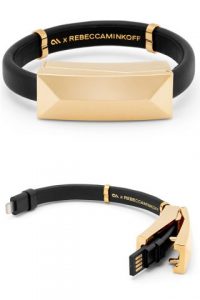Tech Giants Still Chasing Wearable Riches
by Gavin O’Malley, Staff Writer @mp_gavin, December 23, 2016

A gloomy forecast for wearables isn’t stopping tech giants from investing in the space.
Google, for one, just revealed plans for two new flagship smartwatches. Consumers can expect the gadgets to hit shelves some time in the first quarter of next year, as Jeff Chang, product manager of Android Wear at Google, tells The Verge.
Meanwhile, Pokémon Go maker Niantic just launched the Apple Watch version of the popular game.
The release follows several reports suggesting that Niantic had canceled its plans to bring Pokémon Go to Apple’s smartwatch.
Among other features, users can now explore the world around them right from their wrist, whether they’re searching for wild Pokémon or trying to hatch the Pokémon originally discovered in the Pokémon Gold and Pokémon Silver games.
“Apple Watch is particularly well suited to Pokémon GO as it seamlessly combines gameplay and imagination with getting exercise and exploring the real world,” Niantic said in a statement.
Yet, these efforts come amid new reports that consumers aren’t ready for wearables.
In fact, eMarketer previously expected usage among U.S. adults to grow more than 60%, this year. But, according to a revised forecast, the market will grow by just 24.7%.
This year, 39.5 million U.S. adults will use a wearable device (with Web connectivity) at least once a month — far fewer than the 63.7 million previously forecast.
Smartwatches haven’t caught on in large numbers, primarily because of their high price point and lack of definitive use case, eMarketer suggests.
“Before Apple launched its iWatch, fitness trackers dominated the wearables space, and consumer surveys consistently found that tracking health and fitness was the main reason people were interested in wearables,” Cathy Boyle, an eMarketer analyst, notes in a new report.
Consumers also reported high price sensitivity.
“Without a clear use case for smart watches — which have more features than fitness trackers, but significantly overlap with smartphone functionality — the more sophisticated, expensive devices have not caught on as quickly as expected,” Boyle said.
MediaPost.com: Search Marketing Daily
(23)



